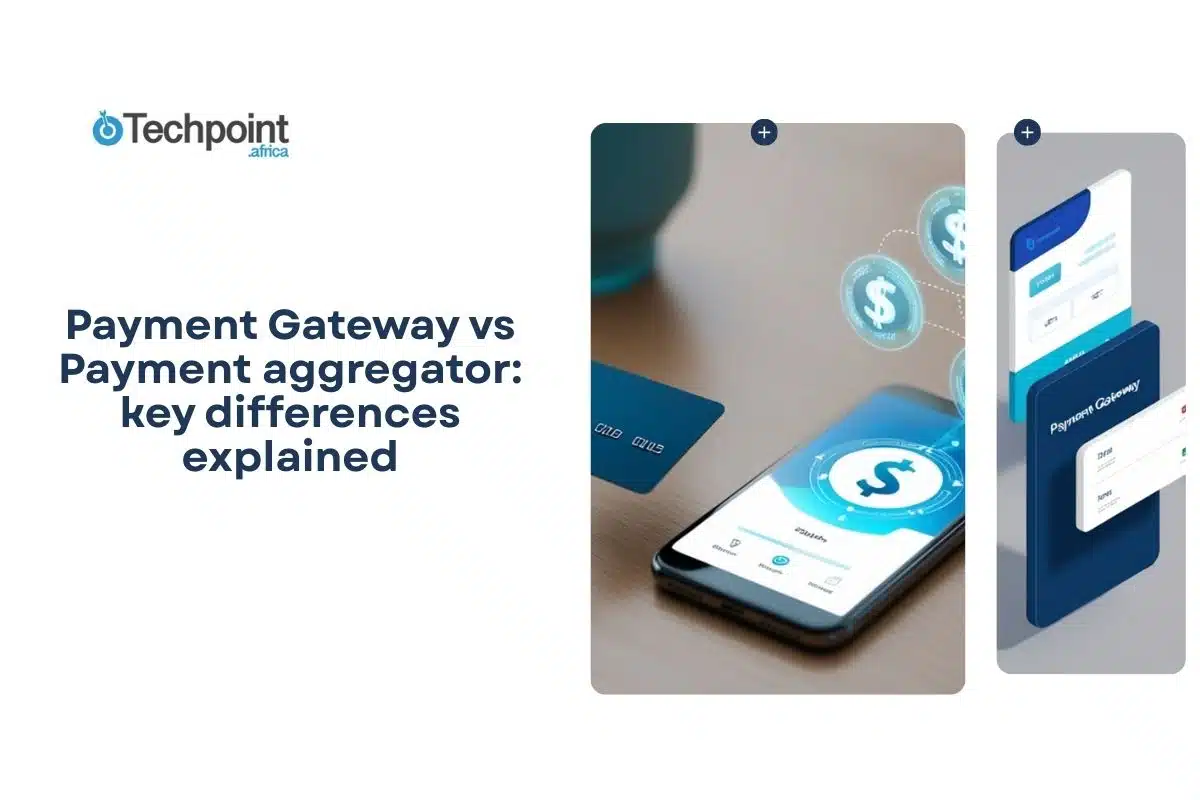The news
- A Kenyan High Court has exempted Pesapal from VAT, overturning a previous Sh76.8 million ($526,000) tax demand by the Kenya Revenue Authority.
- The ruling clarifies that licensed digital payment providers offer financial services, regardless of their tech delivery method.
- The judgement limits the KRA’s scope to interpret tax laws broadly in fintech-related cases.
In a landmark ruling, Kenya’s High Court has exempted Pesapal, a licensed payment service provider (PSP), from paying value-added tax (VAT), overturning a prior Sh76.8 million ($526,000) demand issued by the Kenya Revenue Authority (KRA).
This decision not only offers relief to the digital payments platform but potentially sets a precedent for how fintech services will be taxed in Kenya moving forward.
The ruling, delivered on Monday, September 2, 2025, by Justice Rhoda Rutto, comes over a year after Pesapal lost its initial battle at the Tax Appeals Tribunal. In June 2023, the Tribunal had sided with KRA, ruling that Pesapal — because it wasn’t registered under the Banking Act — was merely a tech platform and thus not exempt from VAT. It ordered the firm to pay taxes, penalties, and interest totalling over Sh233 million ($1.6 million).
However, Justice Rutto held that the tribunal had misinterpreted the law. She found that the nature of the service, not the mode of delivery or regulatory classification, determines VAT exemption.
Pesapal, which is licensed by the Central Bank of Kenya under the National Payment System Act, provides services such as payment processing, bill payments, and balance storage. These functions, according to the court, are functionally equivalent to those of traditional financial institutions and should therefore be exempt from VAT.
This ruling is expected to benefit Kenya’s burgeoning fintech industry by providing tax clarity. Many digital financial platforms have struggled with inconsistent tax interpretations, especially regarding VAT. By aligning taxation with service function rather than delivery method, the judgement reduces regulatory friction for tech-enabled financial services.
For innovation-driven firms like Pesapal, the implications are far-reaching. Avoiding VAT not only removes a significant cost burden but also offers a competitive edge in pricing, particularly for services targeting underbanked populations.
While KRA has the right to appeal, this judicial interpretation strengthens the position of fintechs arguing for tax parity with traditional institutions.










